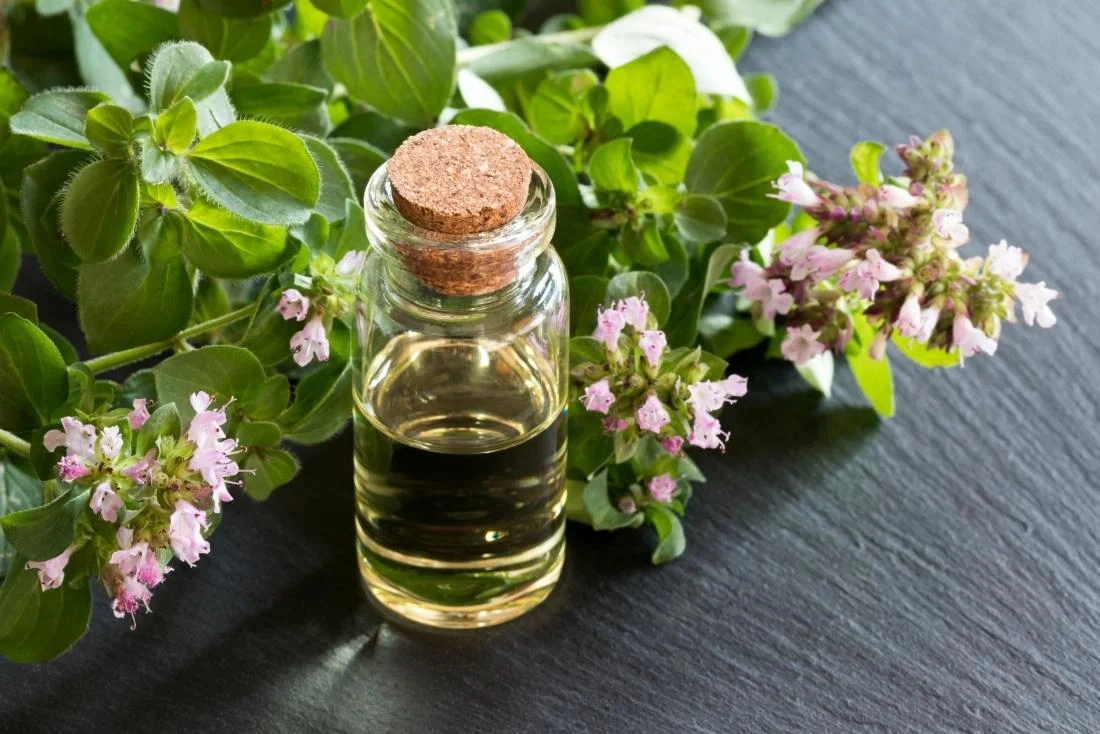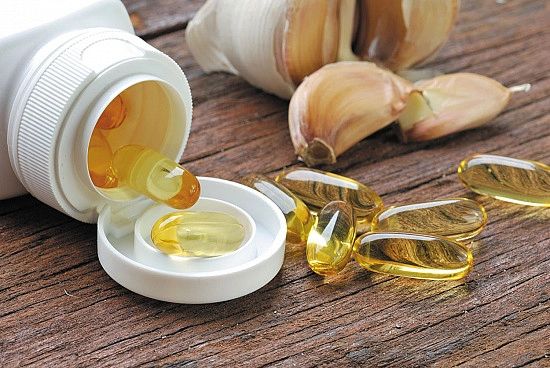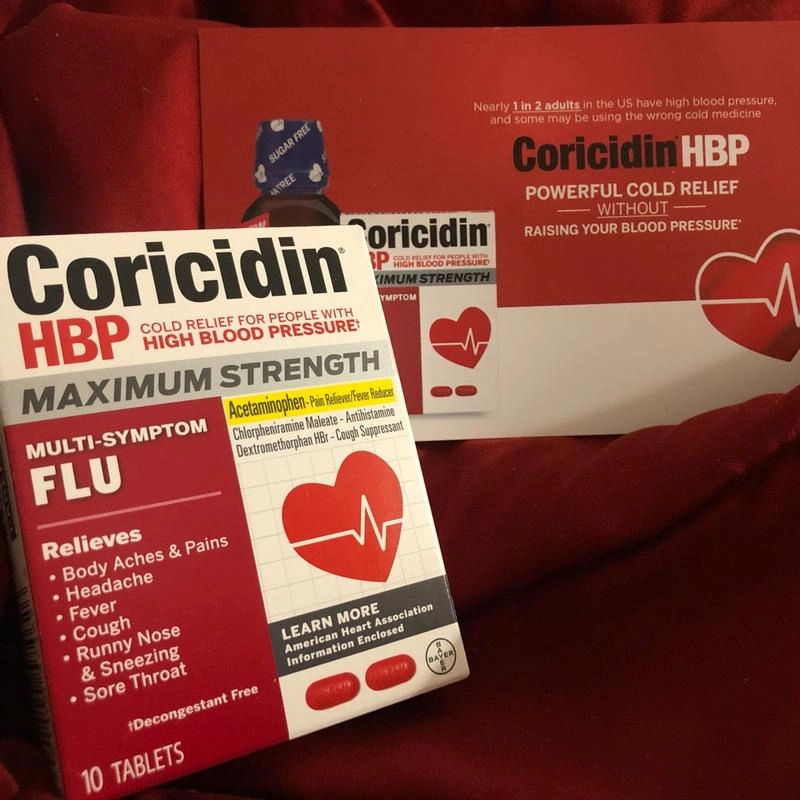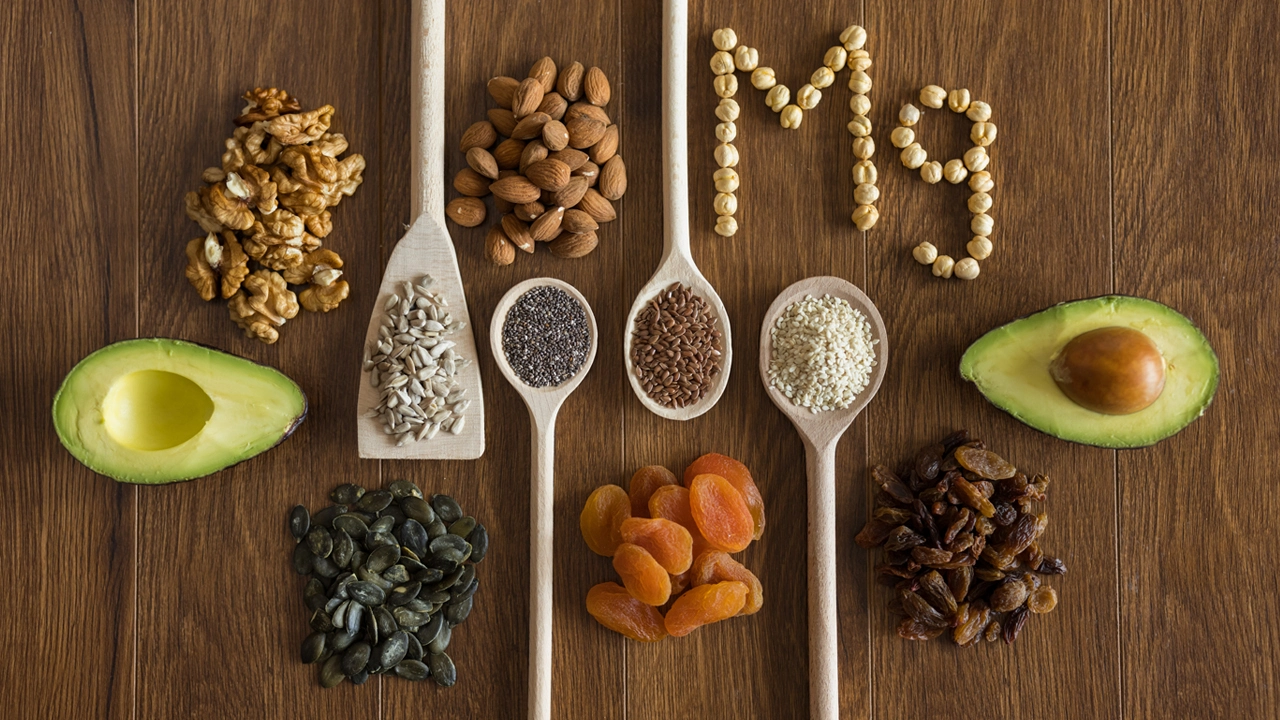Nutrition for Eye Health: So, in an age when we stare at screens for more than half of each day — whether through smartphones, laptops, or TVs — our eyes are working harder than ever. The need for digital is ever-growing. Environmental issues such as pollution and artificial light exposure have increased.
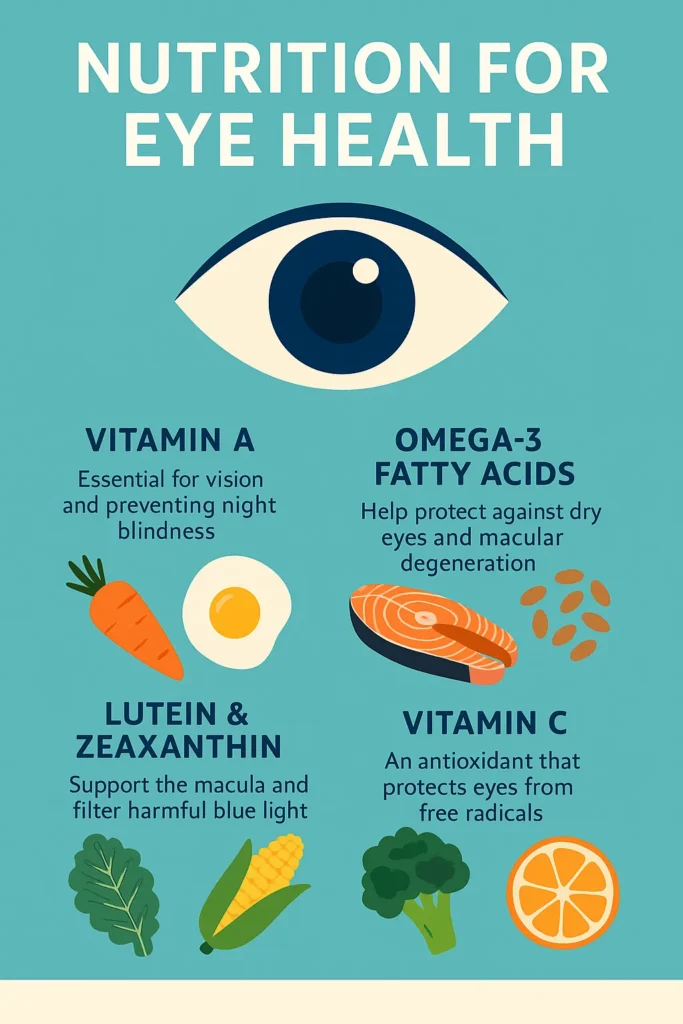
Maintaining good eye health is now longer an automatic part of the aging process. It is, instead, something we have to fight to achieve, every single day of our lives, with conscious efforts on how we choose to live our lives. The bugaboo, of course, is nutrition. The food we consume exerts a powerful and often underappreciated influence in helping to preserve the anatomy, function, and long-term health of our eyes.
Why Nutrition is Important for Eye Health
The eyes, as tiny and delicate as they seem, demand a specialized, complex and curated supply of nutrients to function best. While most individuals think very closely about food in connection with their energy and general health, few fully grasp the direct and quantifiable effect that diet has on their eyesight. Despite the growing body of evidence regarding the association between dietary patterns and ocular diseases, one of the leading modifiable risk factors for vision loss around the world in at-risk elderly populations is insufficient dietary intake.
What is now common knowledge in medical and nutritional science is that the nutrients we ingest are both the fuel and the defense system for our eyes. They prevent oxidative attack, inflammation, and structural compromise of vital tissues, including the retina, macula, cornea, and optic nerve.
Nutrients that Help Maintain Vision

Vitamin A and Beta-Carotene
Vitamin A, aka Retinol Vitamin A is one of the most common vitamins to support vision and is a fat-soluble vitamin that contributes to the formation of rhodopsin, a pigment found in the retina that enables us to see under low-light conditions. Night blindness is due to a deficiency of Vitamin A. If chronic, it can even cause permanent vision loss.
Vitamin A itself as a nutrient is found in animal-based foods like liver, eggs, and dairy, but its pro-nutrient beta-carotene can be found in a variety of plant-based foods, such as carrots, sweet potatoes, spinach, and butternut squash, to name a few. The body converts beta-carotene into active Vitamin A as needed. This dual-source availability makes it comparatively easy to obtain in most diets, though bioavailability varies according to fat consumption, as well as cooking methods.
Lutein and Zeaxanthin
Maybe two of the most eye-targeted nutrients are lutein and zeaxanthin. These carotenoids accumulate in the macula, the central portion of the retina that is responsible for high-quality, detailed central vision.
These pigments serve as natural blue-light filters, shielding the macula from damage due to sunlight and digital screens. They also act as antioxidants by neutralizing free radicals and slowing oxidative damage to the tissues of the eye.
Research has demonstrated that people who consume more of these carotenoids in their diet have a much lower risk of developing age-related macular degeneration and cataracts. This renders them indispensable to people of all ages, but especially as we get older.” Good sources are kale, collard greens, corn, peas, and egg yolks.
Omega-3 Fatty Acids
Omega-3 fatty acids, particularly EPA and DHA, are another important ocular health nutrient. These play structural roles in retinal development and function and possess anti-inflammatory properties that support tear production and prevent dry eye syndrome.
Due to the large amount of DHA present in the retina, it is important to continue to consume omega-3s in order to protect visual acuity in the eyes and reduce the risk of degenerative eye diseases.
Cold-water fatty fish like salmon, mackerel, sardines, and tuna are some of the most potent natural sources of omega-3s. Plant-based sources such as flaxseeds, chia seeds, and walnuts offer ALA, which can be converted in the body into EPA and DHA, but the conversion is limited.
Vitamin C and E
Vitamins C and E are part of the antioxidant family, and both these vitamins are required for neutralizing free radicals and protecting the eye cells from oxidative stress. It is a major cause of cellular damage and the progression of various eye disorders, such as cataracts and macular degeneration.
Vitamin C, which is abundant in citrus fruits, bell peppers, strawberries, and broccoli, helps regenerate other antioxidants and plays a role in supporting health in the blood vessels in the eye. Vitamin E, which is abundant in nuts, seeds, and green leafy vegetables, helps stabilize cell membranes and helps stop polyunsaturated fatty acids, crucial to healthy sight, from oxidizing.
Zinc and Copper
Zinc is a trace mineral that plays a role in many areas of cellular metabolism. In relation to eye health, it is vital for transporting Vitamin A from the liver to the retina to create melanin, a protective pigment present in the eyes. Zinc deficiency has been associated with impaired nighttime vision and a greater risk of macular degeneration. Oysters, red meat, poultry, beans, and fortified cereals are good dietary sources.
It synergistically works with zinc in antioxidant enzyme systems and helps preserve the structural integrity of ocular tissues [10]. Of course, it must be balanced out with zinc as competition for absorption, but it can be a solid option.
B Vitamins and Antioxidants
The B-vitamin complex—especially B2 (riboflavin), B6, B9 (folate), and B12—helps relieve inflammation and lower homocysteine levels, which contribute to vascular damage of the retina and optic nerve. Studies have indicated that a sufficient intake of B vitamins may reduce the risk of developing specific eye disorders, including macular degeneration and cataracts.
Other plant-derived antioxidants (such as flavonoids, anthocyanins, or polyphenols), which are found in blueberries, red cabbage, dark chocolate, and green tea, further provide protective effects by increasing capillary (small blood vessel) strength and reducing circulation to the ocular tissues.
Meal Plans for Eye Health

Day 1 – Anti-Inflammatory Eye Health Punch
Breakfast:
- Olive oil omelet of spinach and egg yolks
- Whole grain toast
- The fresh orange juice (Vitamin C booster)
Lunch:
- Grilled salmon salad with kale, red peppers, carrots, avocado, and lemon vinaigrette
- Chia seed crackers
- Green tea
Dinner:
- Baked sweet potato with black beans and chopped parsley
- Broccoli and bell peppers, steamed
- Blueberries with herbal tea on the side
Snack Options:
- A handful of almonds
- One cup of bilberries or strawberries
- Day 2 – Protect Your Vision & Stay Hydrated
Breakfast:
- Greek yogurt parfait with blueberries, chia seeds, and walnuts
- Green tea
Lunch:
- Quinoa bowl with kale, boiled eggs, and corn
- Wedges of citrus fruit on the side
Dinner:
- Whole Wheat Flatbread Tuna & Avocado Wraps
- Roasted butternut squash
- Water with lemon slices
Snack Options:
- Boiled egg
- Why it works: Carrots and cucumber as sticks with hummus
- Eye-Friendly Recipes
- Golden Carrot-Lentil Soup
Ingredients:
- 2 carrots (beta-carotene)
- 1/2 cup red lentils (zinc, B vitamins)
- 1 tbsp olive oil
- Garlic, onion, turmeric (good for inflammation)
- Vegetable stock
Preparation:
Sauté garlic and onion in olive oil. Stir in diced carrots and lentils. Add stock, turmeric, and boil until soft. Blend into a creamy soup.
Day 2 – Macular Health Smoothie
Ingredients:
- 1 cup kale or spinach (lutein/zeaxanthin)
- 1/2 avocado (healthy fats)
- 1/2 banana
- ½ cup blueberries (antioxidants)
- 1 tbsp flaxseed (omega-3)
- Almond milk
Preparation:
- Puree all of the ingredients until smooth. Consume fresh.
- Omega-3 Power Bowl
Ingredients:
- 1 grilled mackerel fillet
- Quinoa or brown rice
- Diced spinach, cucumber, capsicum
- Sunflower seeds
Nutrition for Healthy Vision

You do not have to eat exotic superfoods or prepare complicated recipes to build a diet rich in eye-health nutrients. Rather, it demands a regular presence of complete foods recognized as effective suppliers of the foundational minerals needed to safeguard sight. The most beneficial foods for eye health are:
- Dark leafy greens (kale, spinach, Swiss chard) for lutein and zeaxanthin
- Colorful plants (carrots, red peppers, pumpkins) for beta-carotene and Vitamin C
- Fatty fish (salmon, sardines) for omega-3s
- Citrus (oranges, lemons) for Vitamin C
- Nuts and seeds (almonds, sunflower seeds, chia seeds) for Vitamin E and healthy fats
- Eggs (especially the yolks) for optimal lutein, zeaxanthin, zinc, and Vitamin A balance
- Whole grains and legumes for vitamin B and zinc
- Blueberry (blueberry, blackberry, bilberry) for anthocyanin and antioxidant defenses
By incorporating many of these within a week of meals, you will not only fulfill the dietary supply of eye-specific nutrition but also contribute to systemic health. This also indirectly promotes ocular health through enhanced circulation, reduced inflammation, and improved metabolic efficiency.
Dietary Approach Towards Prevention of Common Ocular Disorders
Oxidative damage, inflammation, and vascular decline are all contributing factors in many common eye diseases, however, a targeted diet can help prevent or slow them.
- Age-Related Macular Degeneration (AMD): Lutein, zeaxanthin, and zinc-rich diets lower the risk for AMD, especially in combination with other antioxidants (Vitamins C and E).
- Cataracts: Antioxidants such as Vitamins C and E combat UV and oxidative damage.
- Dry Eye Syndrome: In a study of individuals with dry eye syndrome, consumption of fish oil or flaxseed oil, both of which contain omega-3, decreases inflammation in the ocular surface microbial flora and increases moisture in the tear glands.
- Glaucoma: More investigation is needed, but healthy blood pressure and a diet high in antioxidants (like those found in certain vegetables) may be protective.
Lifestyle Changes and Diet Choices: Permanent Adaptations for Good Vision

Nutrition is not in isolation and works in function with other lifestyle components. To truly be intentional about eye health through a diet, one must look at:
- Hydration
- Physical activity
- Sleep
- Stress management
- Screen habits
A relatively long-term dietary routine with three to five portions of vegetables daily, two portions of slightly fatty fish a week, limited added sugar and processed food intake, drinking enough water, and paying attention to supplementation where required will lay the groundwork for visual health later down the line.
Final Thoughts
Vision is one of the most celebrated of our senses. Protecting it goes beyond wearing glasses or getting check-ups—it involves a daily practice of nurturing our eyes from the inside out. By practicing a nutritionally well-balanced, diverse diet that is high in antioxidants, omega-3s, carotenoids, vitamins, and minerals, we provide the nutrients our eyes need to operate at full potential.
Whether you’re in your twenties creating habits that will pay off down the line, in your forties trying to counteract digital eye strain, or in your seventies working to stave off chronic conditions, there is never a wrong time to start using nutrition as a means to vibrant, long-term eye health. Whatever you plant today will become what you see tomorrow.

